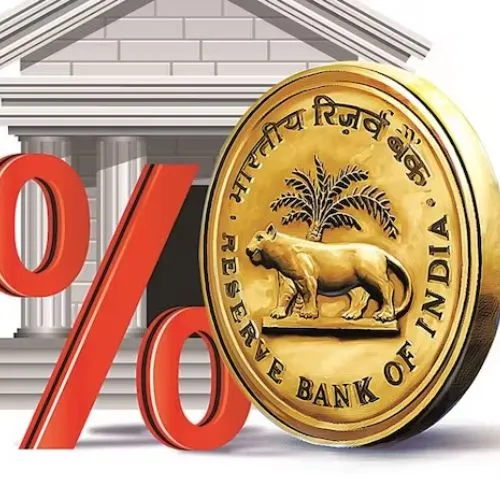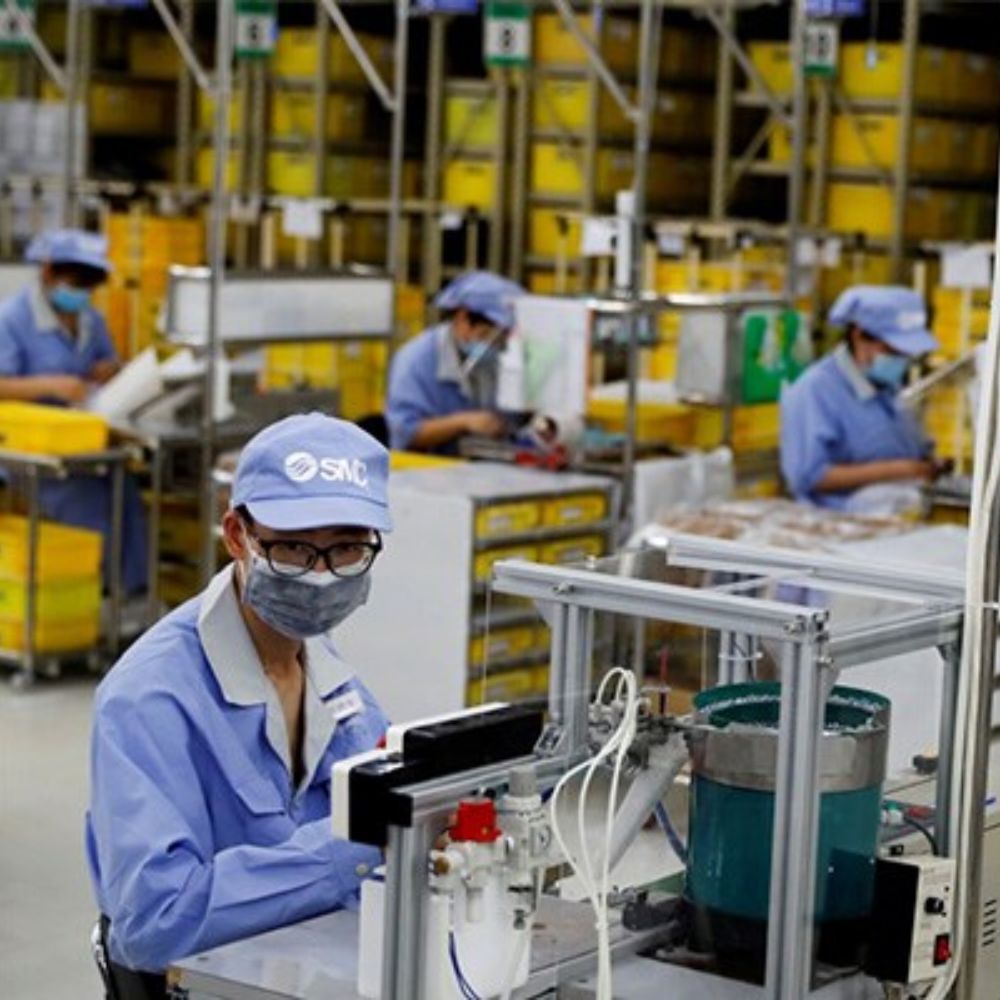Analysts have cautioned that the unemployment in China’s youth rate might increase much more this summer, adding to the government’s difficulties in reviving the nation’s sluggish post-Covid economy.
Chinese grads this summer tweeted pictures of themselves acting out dumping their degrees into trash cans rather than celebrating their graduation, highlighting the depressing future as young unemployment is at an all-time high.
Young people have told AFP that they are choosing to stay in school since well-paying employment is hard to come by, while others are vying for scarce government posts as prospects in the private sector dwindle.
Chinese grads this summer tweeted pictures of themselves acting out dumping their degrees into trash cans rather than celebrating their graduation, highlighting the depressing future as young unemployment is at an all-time high.
Analysts have cautioned that the unemployment rate might increase much more this summer, adding to the government’s difficulties in reviving the nation’s sluggish post-Covid economy.
Young people have told AFP that they are choosing to stay in school since well-paying employment is hard to come by, while others are vying for scarce government posts as prospects in the private sector dwindle.
A broad government assault on real estate enterprises, internet behemoths, and private tutoring businesses is one of the reasons China’s once-freewheeling private sector is seeing much slower development.
While Beijing has a state-led economy, up to 80% of urban employment in China is provided by private enterprises, according to a report by Yu Jie, a senior China research fellow at the London-based think tank Chatham House.
According to her, “young people willing to work long hours for lower salaries” were essential to these industries.
The National Bureau of Statistics revealed on Thursday that the jobless rate for those between the ages of 16 and 24 reached 20.8 percent in May, breaking the previous high of 20.4 percent set in April.
Chief China economist for Macquarie Group Larry Hu issued a caution that the number may rise higher in July when 11.6 million more college graduates begin their job searches.
“Consumers are reluctant to spend because of the weak labor market, while corporations are reluctant to hire because of soft consumer demand,” he told AFP.
“Policy is therefore the only game changer at this point,”
Premier Li Qiang promised to provide young people with solid work prospects during a State Council meeting in April.
Li noted that in order to meet market demand, “we must take steps to stabilize the size of employment in manufacturing and foreign trade enterprises, optimize university curricula, and improve the quality of vocational education and skills training.”
On the other hand, a number of economic stimulus measures that were intended to be implemented failed, including one that was less drastic than anticipated on Tuesday.
With a degree in fintech, Liu Qian has been looking for work for the past six months.
When I started university, there were hundreds of fintech start-ups, but many have vanished over the last two years as a result of the government tightening regulations controlling the sector, she added.
“My parents are now requesting that I prepare for the civil services exam so that I can see if I can land a job in a state-owned business.”
The chances are slim, though.
This year, more than 7.7 million people applied to take the civil service exam in order to be considered for 200,000 positions in the federal, state, and local governments, according to state media.
Graduates have also posted pictures of themselves on the ground or in other dejected stances, adding fire to the internet memes about tossing away degrees due to the intense competition for any well-paying jobs.
The images are a reference to the now popular subculture of “lying flat”—young people who choose a simpler, less ambitious lifestyle over the rat race of metropolitan existence.














